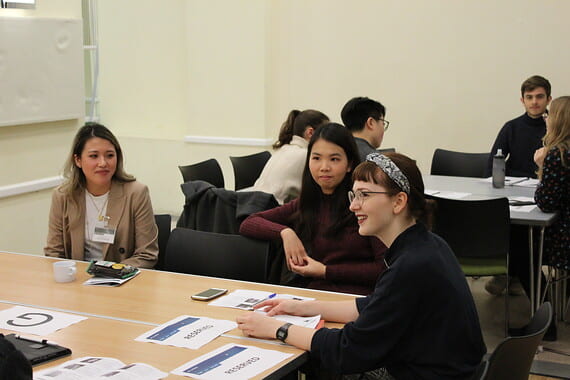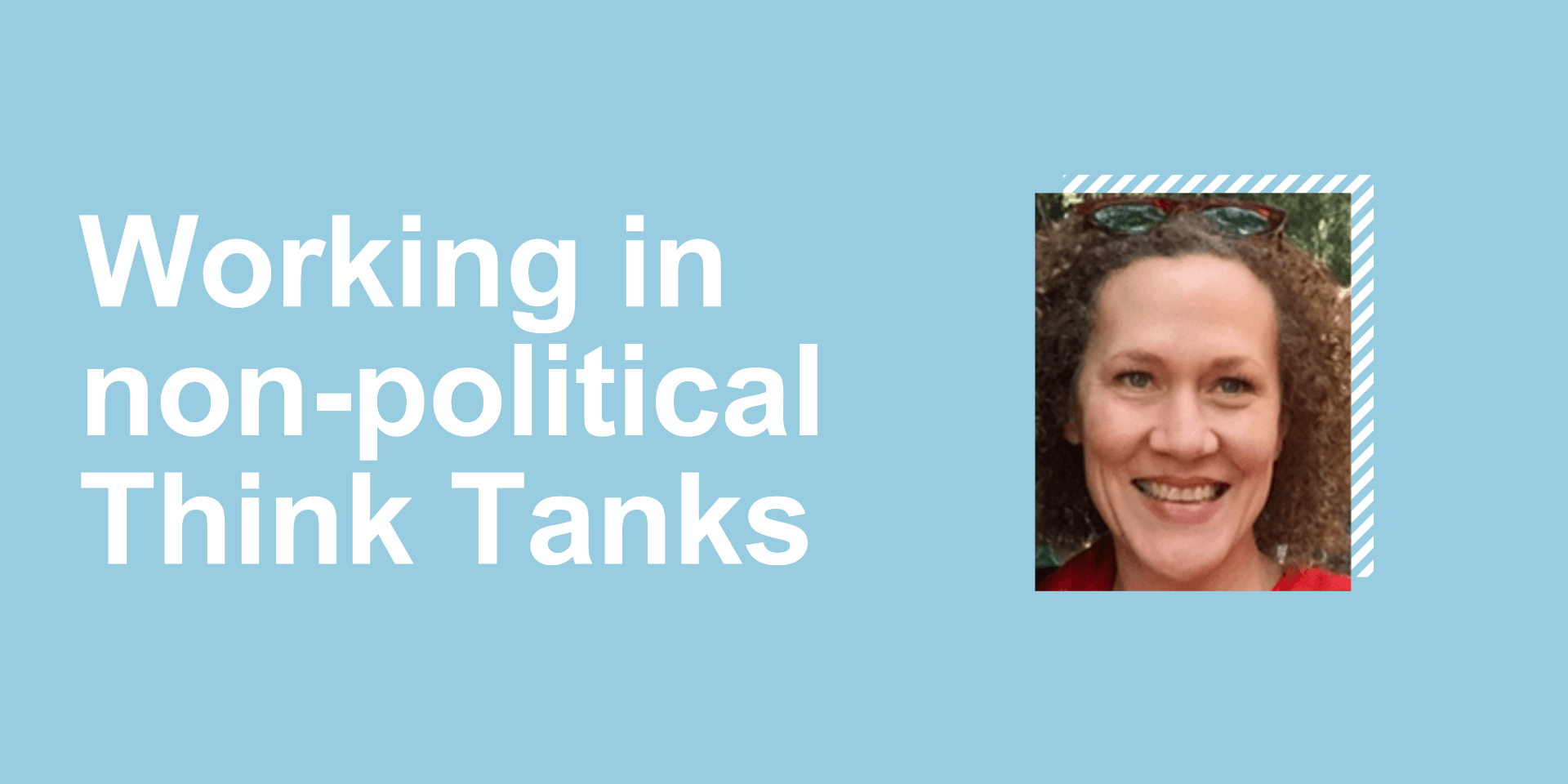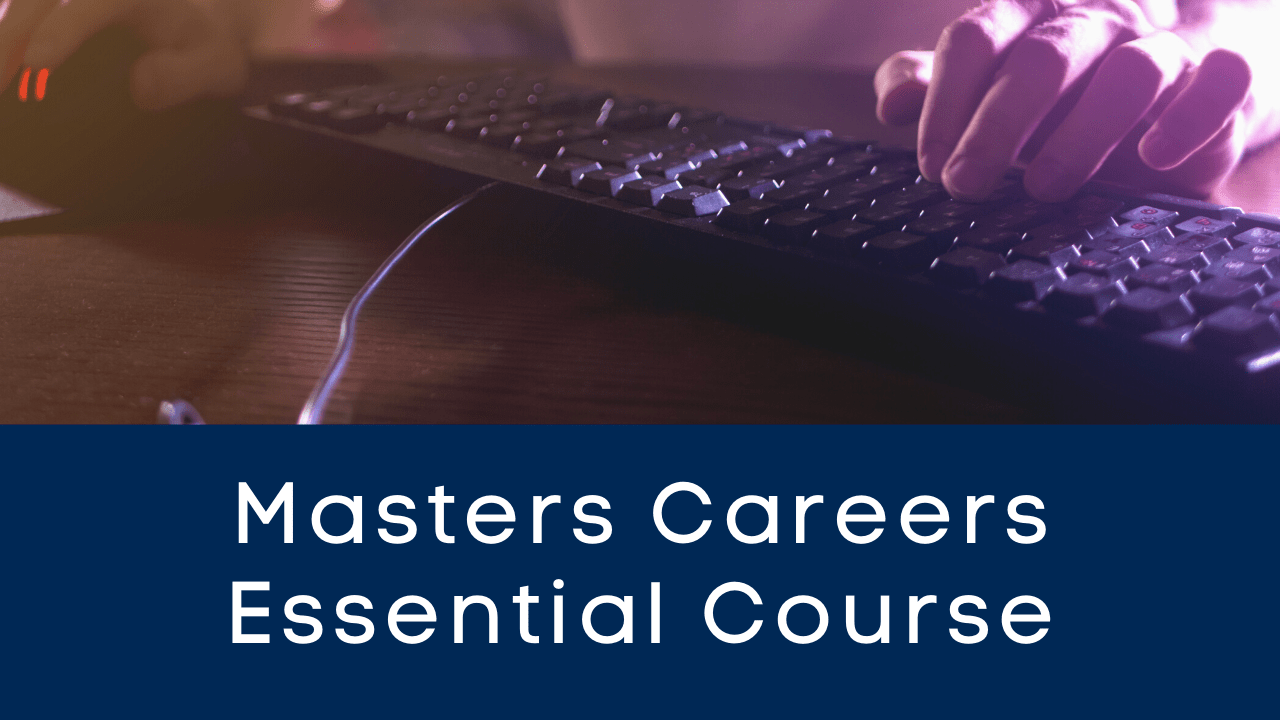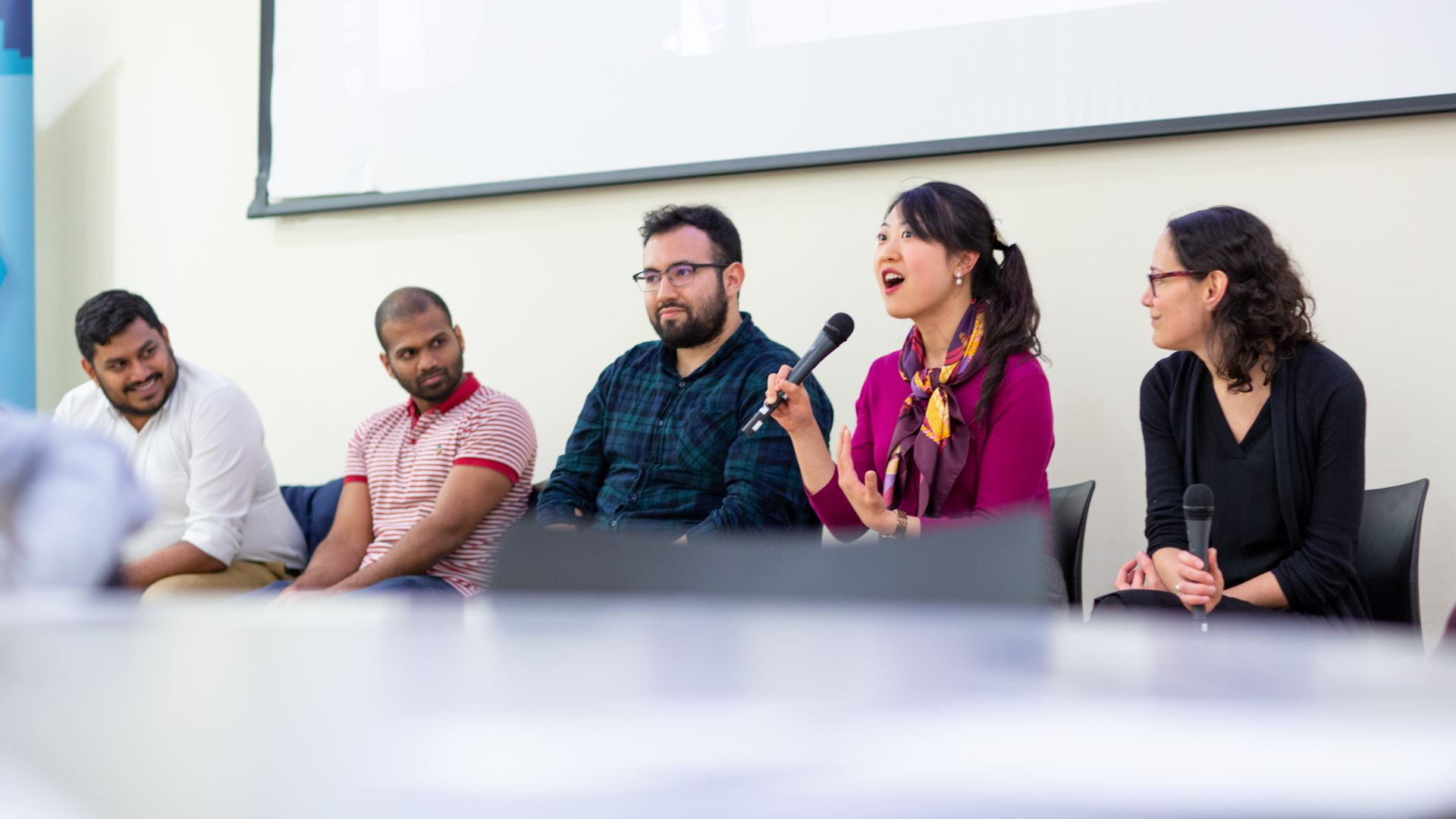Sector Insights: The Different Career Avenues in Accounting
By skye.aitken, on 10 November 2020
Read time: 3 minutes
Written by Tom Bilby (Guest writer from The Accountancy Partnership)
Ever considered a job in accounting? Did you know there’s a lot more roles available in this sector than being an accountant? There’s a range of exciting and rewarding careers available for those who choose this route. After all, the whole business world runs on finance!
After you’ve finished your degree, you can choose a role in accountancy that suits your personality, working style and niche interests within finance. You’ll go on to complete specific qualifications that will refine your expertise and allow you to increase your potential salary.
That’s why it’s essential that you understand the routes available to you at this stage. Let’s take a look at just a few of the accountancy roles you may or may not have heard of.
Bookkeepers
Bookkeeping is one of the most common routes accountants take in their career. It involves looking after the accounts of a business or person, so that tax and other financial obligations can be calculated correctly.
There will always be a high demand for bookkeepers within the industry, so it’s a reliable role to pursue. There are also plenty of opportunities to become a self-employed bookkeeper if you have an entrepreneurial spirit.
Auditors
A financial auditor is responsible for reviewing a business’ accounts, documents and data to ensure compliance with procedures. This is a great role to go into if you have an eye for detail.
Auditors don’t just work for the tax people either. They’re often employed by companies seeking methods to be more risk averse and save on costs. They’re the detectives of the accounting world!
Management Accountants
If you’re an accountant but you’re not a fan of the bewildering world of tax, perhaps the management accountant route is for you. These accounting experts will take responsibility for improving the overall profitability of the company.
Generally, they’re folks who love patterns and efficiency, and will model new projects and ideas to propose to the financial director and senior management team.
Forensic Accountants
Forensic accounting is possibly the coolest job title in the accounting world, but sadly does not actually involve analysing financially motivated murder scenes. It does however, involve reviewing accounts and documents for discrepancies and inaccuracies.
It’s another ideal role for those who enjoy detail-oriented tasks.
F, P & A Analyst
F,P & A stands for financial planning and analysis. If you take on this role, you’ll be interpreting and breaking down financial information for senior decision makers in the business. For example, you might model and analyse the company’s performance over the last year, and present this to the sales director.
This is a role that will suit those who seek to be actively involved in the direction a company will take. It can be very rewarding, but requires someone who is highly confident in their analytical skills.
Payroll Manager
It’s exactly what you’d think. Payroll managers manage the payroll! In this job you’ll be responsible for ensuring people get paid the right amount, at the right time. You’ll also need to have a strong understanding of income tax and other deductions such as pensions, student loans and national insurance.
—
There are obviously some key personality traits you need to get into the world of accounting, but don’t forget, there’s also a hugely diverse amount of career pathways to suit your personal preferences and strengths.
Spend some time at the start of your journey trying to find out what’s best for you; there are plenty of opportunities for work experience and there’s no harm in pivoting your career at any point.
Whatever path you choose, you’re bound to find a long and rewarding career in accounting.
Article By – The Accountancy Partnership
 Close
Close











